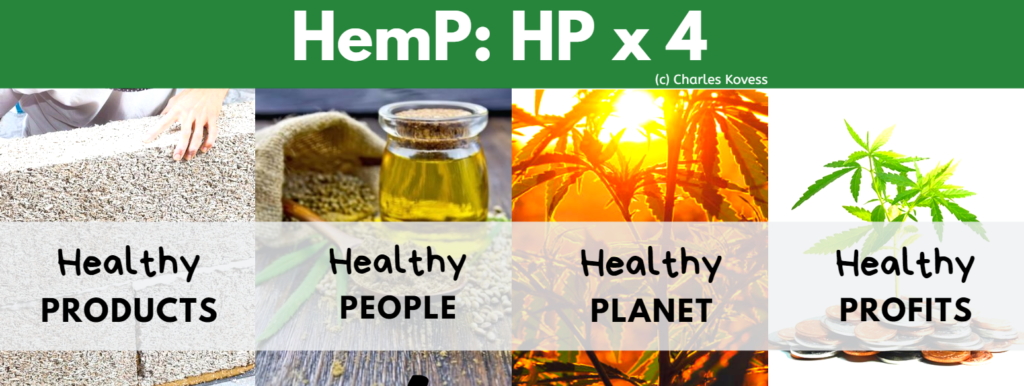ABOUT HEMP
HEMP LIFE CYCLE
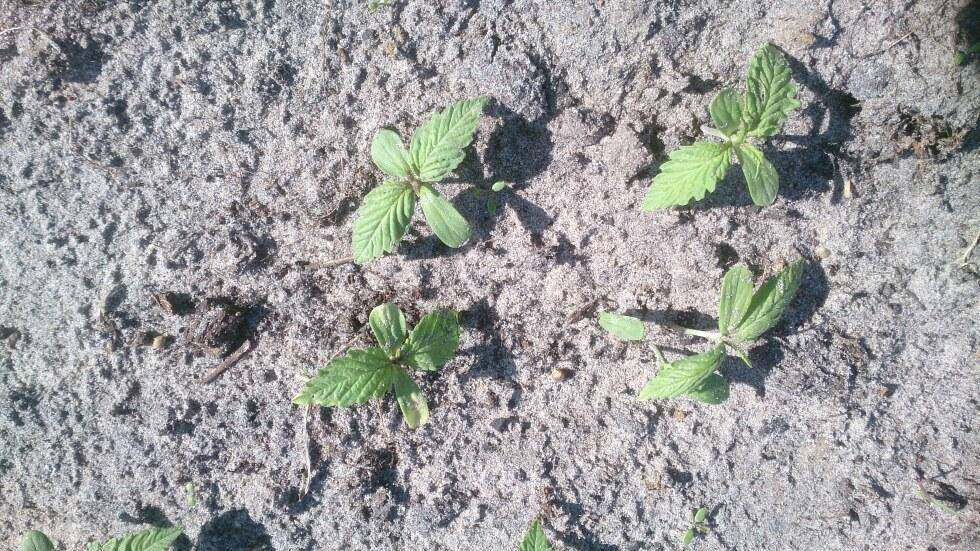
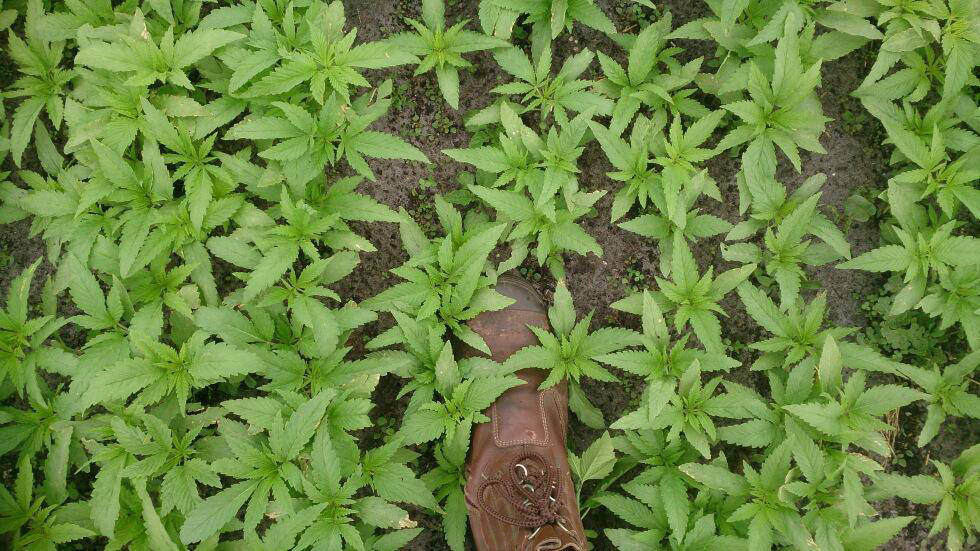
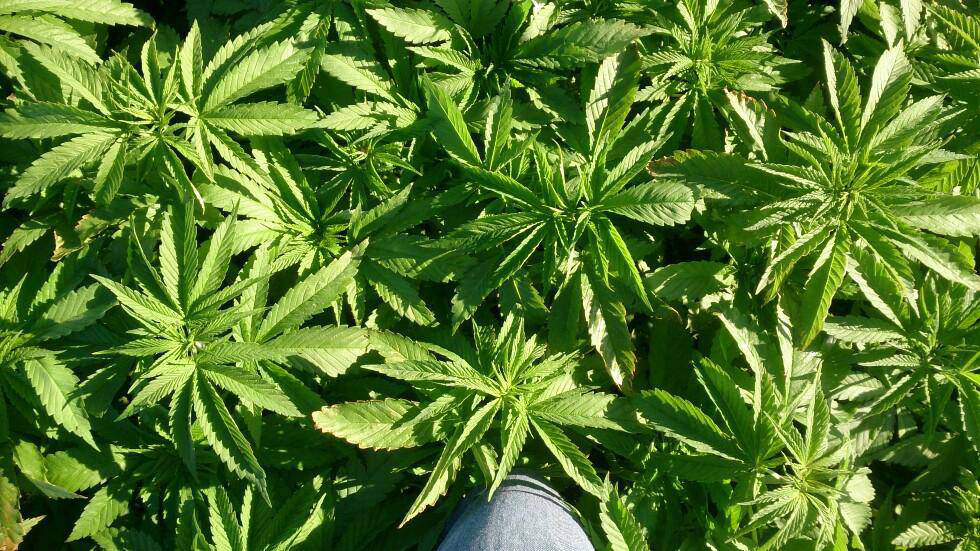
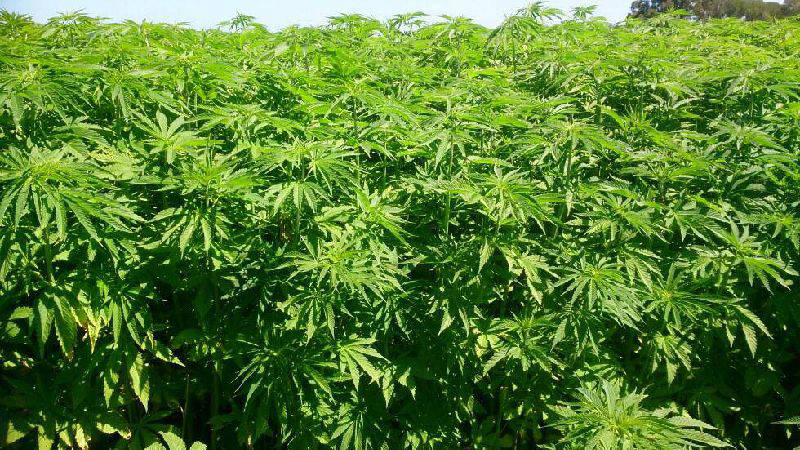
WHAT IS HEMP?
Hemp is a versatile plant that can be grown almost anywhere in the world. The plant contains two main types of fibre: medium/long fibres are extracted from the skin or bark of the plant, while short fibres are found in the wooden ‘hurd’ core. The hemp plant also produces an abundance of seeds that can be retained for future crops or processed into various products, ranging from skin lotions to health supplements.
From mankind’s earliest years, non-drug industrial fibre hemp has been a fundamental raw material. Hemp was used for sails, clothing, lighting oil, paper, food, and building materials—enabling exploration, trade, and global settlement.
Only in the 20th century, under the pressure of the oil companies, chemical companies and other powerful and wealthy enterprises with vested interests to protect did the
engine of the world’s economy change from a base of farm-grown carbohydrate materials, to hydrocarbon materials from mined oil and fossil fuels.
Only in the 20th century, under pressure from oil, chemical, and other powerful industries, did the world’s economy shift from farm-grown carbohydrate materials to hydrocarbon-based materials from mined oil and fossil fuels.
In 1937, the US Government, influenced by these interests, banned the growing of industrial hemp.
This ban significantly raised the cost of hemp fibre compared to cotton and synthetic fibres, and as a result, most hemp fibre lost its natural strength, limiting its use in composite materials.
TCI’s Revolutionary Hemp Technology
TCI’s technology has been tested and proven to extract hemp fibre much faster than traditional methods. Using TCI’s D8 Decorticator machine, the labour-intensive and costly process of hemp fibre extraction is transformed into a highly profitable and cost-effective agribusiness. By leveraging our hemp processing systems, farmers can efficiently decorticate hemp stems, yielding high-quality fibre and hurd for numerous industrial applications.
HEMP PRODUCTS
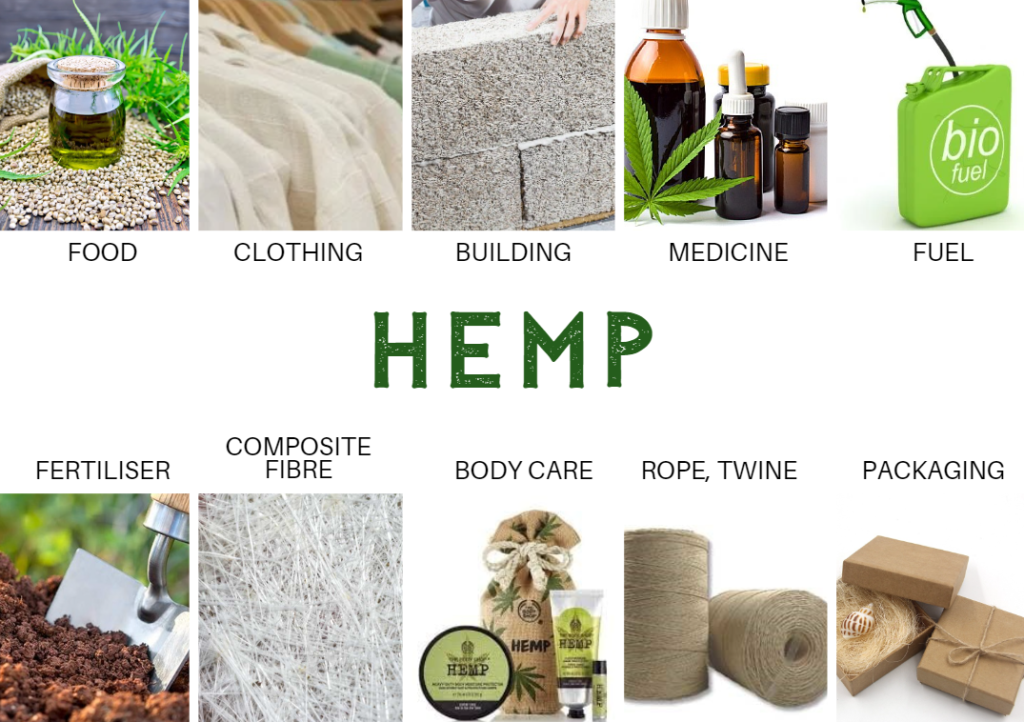
In partnership with industry experts and research organisations, TCI is focused on developing a range of hemp-based products:
- Fibre for clothing textiles
- Fibre for biodegradable weed suppression matting
- Fibre to replace plastic wrapping, plastic bottles, and plastic bags
- Hurd for various building purposes, such as hempcrete
- Fibre for wool blend materials, collaborating with New Zealand wool spinners
- Fibre for carpets
- Hurd for horse bedding and poultry bedding
- Seed for future planting or export
- Seed for cosmetics and food to meet growing demand, especially in Asia
- Fibre for hospital bed sheets and bandages to reduce infection spread
- Fibre for composites used in shipping pallets, building components, car parts, and box trailers
- Fibre and hurd for edible food containers
- Hurd and fibre for paper
- Fibre for ropes, baling twine, and string: Hemp baling twine can be safely eaten by farm animals, unlike propylene twine.
The specific products a region can produce will depend on local skills and infrastructure. However, the global opportunities for hemp are vast, and over-production is virtually impossible. The world needs these environmentally sound and sustainable hemp-based products to meet rising demand for eco-friendly alternatives.
